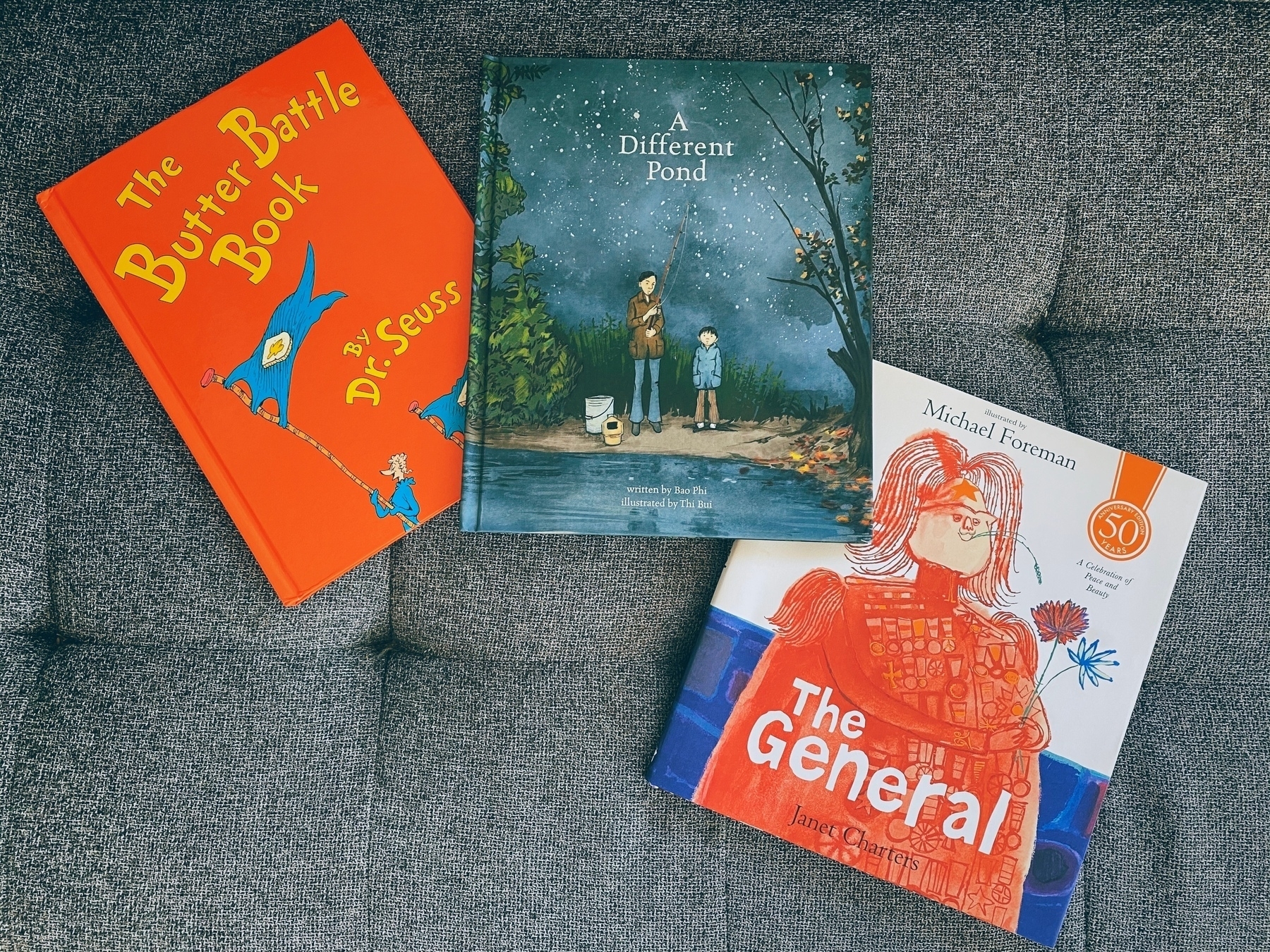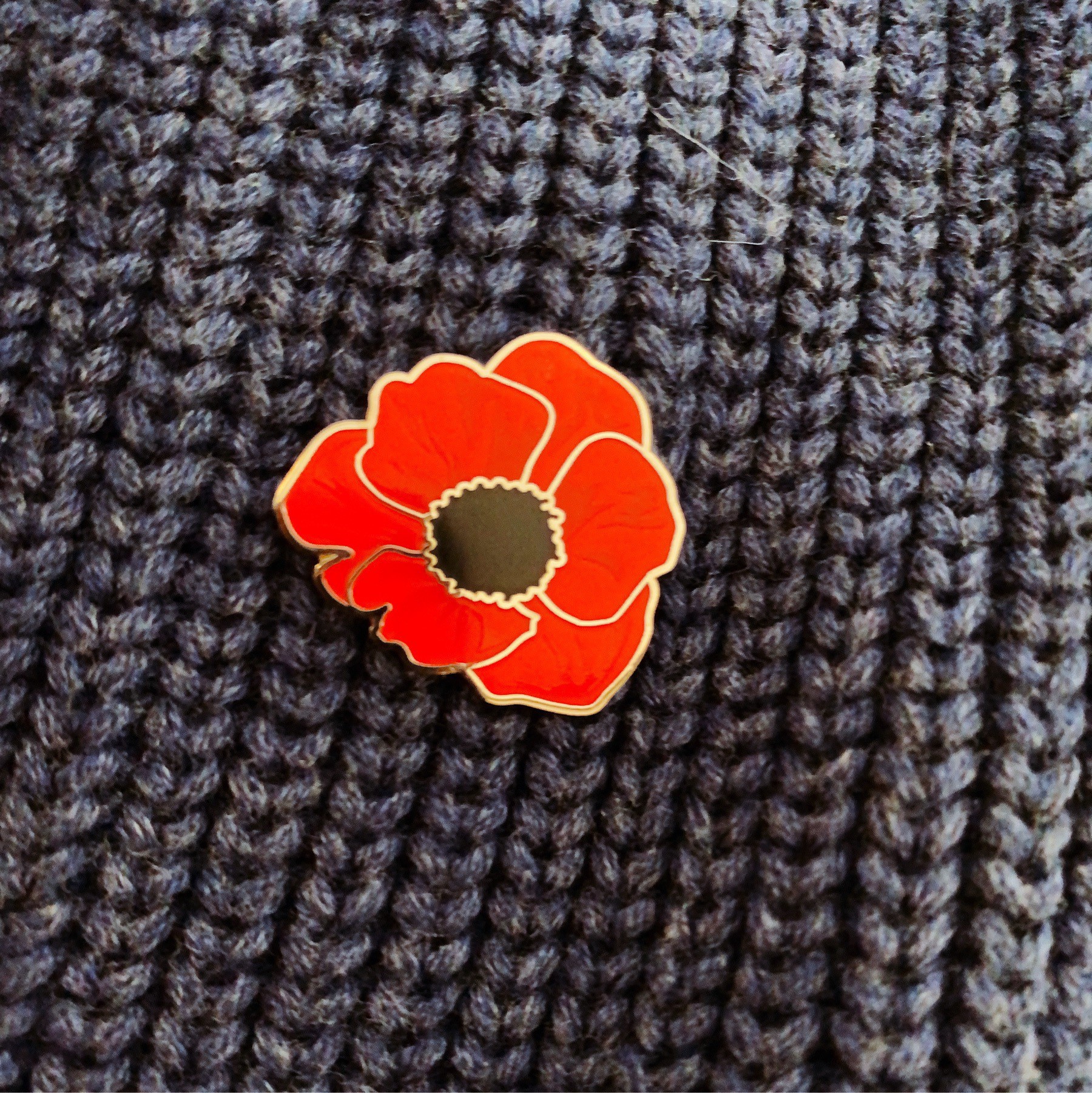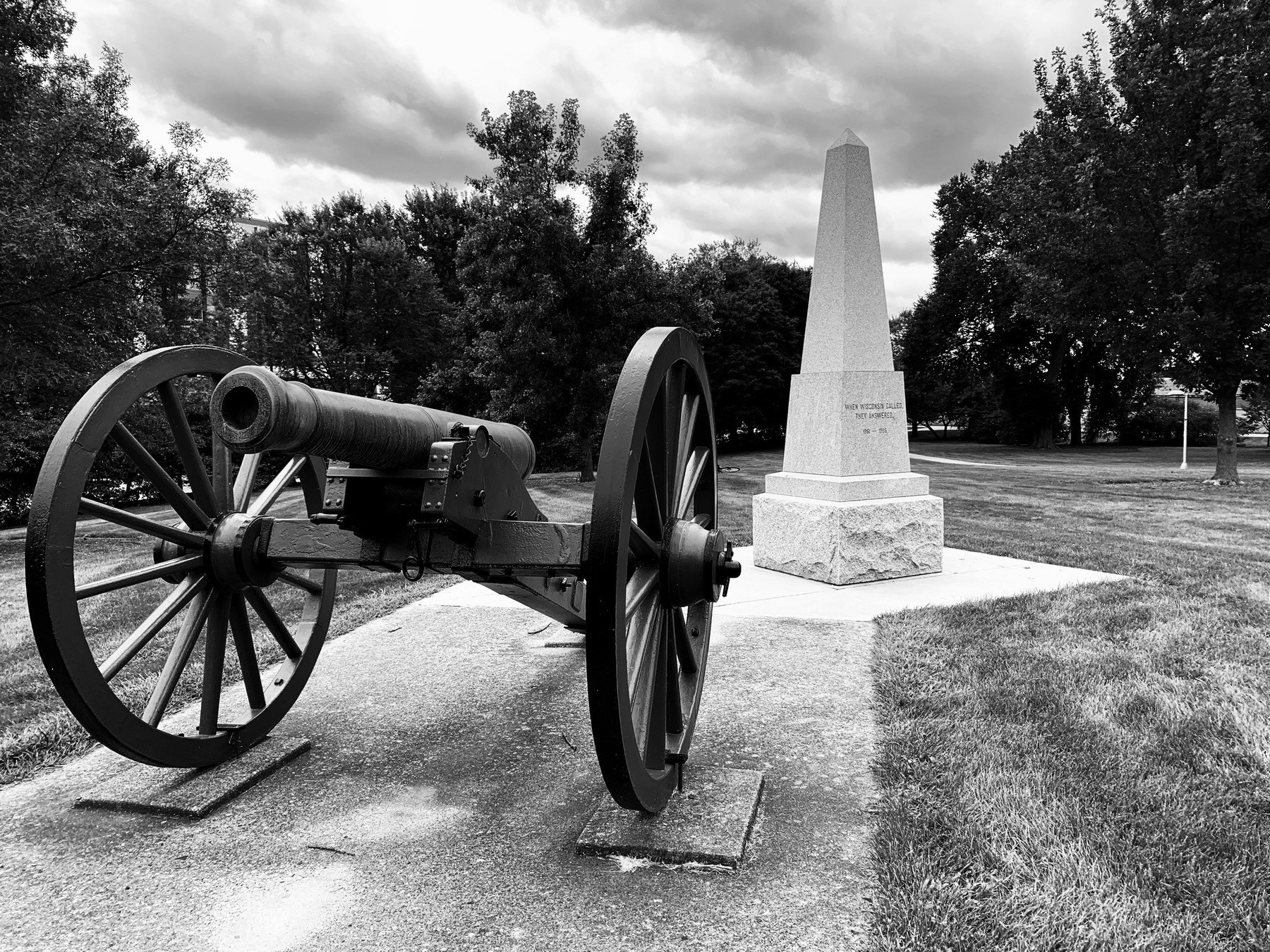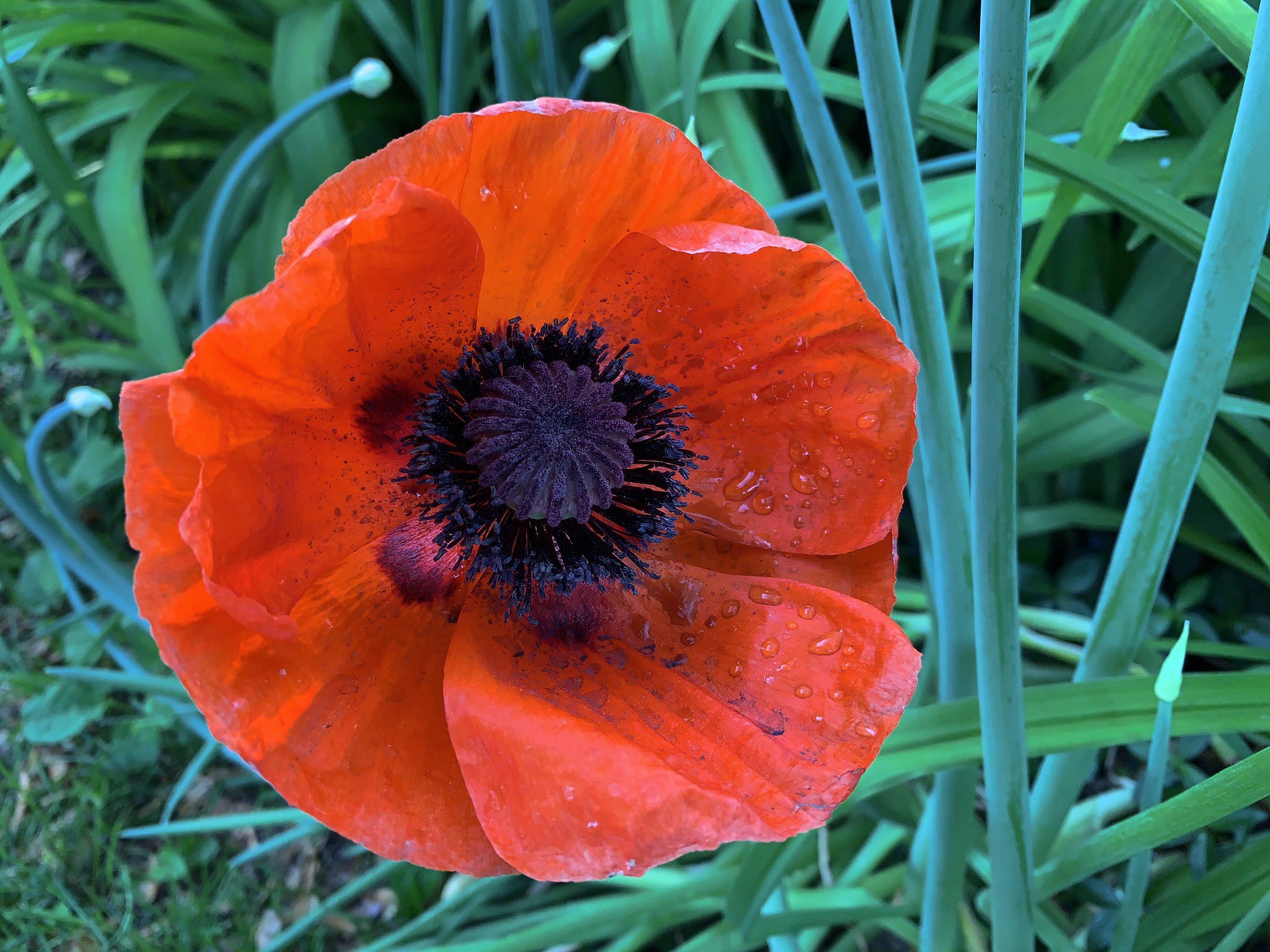-
Meaning, Purpose, and the Mirage of Human Progress
This really hit home:
My need for meaning and purpose, and my desire to be part of something bigger than myself, were likely motivators for joining the military. People assume that it’s the bad experiences soldiers have endured that make it difficult to adjust to life after the military. While this is sometimes true, very often it’s the absence of what soldiers valued that makes the transition difficult – the loss of meaning, sense of purpose and belonging. Those who sign up for service are likely more hard-wired than most to seek these things, making the loss all the keener. Under Gray’s influence, I recognise the difficulty of this loss and have found solace in his advice about how one can aspire to move past these innate human needs. I am not yet living in a way that Gray would approve of, hope for progress is more intoxicating than the dry lessons of history, but I am more selective in my choice of distractions today, and aspire one day to just be able to sit still in a room and live in that scented moment, before it’s gone.
Reading John Gray in war | Aeon
-

What did you do before the war?
I was a chef, I was a chefTom Waits’ “Hell Broke Luce” remains a surreal, searing personal favorite.
-

Three children’s books for Veterans Day.
-
The war is over on paper, but the war is not completely over on the land. … I challenge anyone to say “in 200 years the job will be done.” So we can say the Démineurs are the last soldiers on the French territory.
Clearing unexploded WWI munitions from Zone Rouge. [via Aeon]
-
Dexter Filkins — a war correspondent meriting comparison to Bernard Fall, Martha Gellhorn, & Neil Sheehan — examines Samantha Powers’ “responsibility to protect” ideology & the pitfalls of benevolent aggression.
The Moral Logic of Humanitiarian Intervention | New Yorker
-
If I had stayed … I’d probably have ended up as a taxi driver or working in a kebab shop. So when a Royal Marines recruiter turned up at college and talked about the commando training and parachuting, my mum lost me to the military.
-
So it goes. They have been dying in my mind every day for the last 14 years. I suspect they will do so until I’ve exhausted my own days on this earth. This is my moment trapped in amber.
Kevin Powers reflects on “The ‘Moral Clarity’ of ‘Slaughterhouse-Five’ at 50” | NYT
-
My journey home from Iraq began 15 years ago:
“Home” is a state of mind, nearly an abstract idea at this point, rather than a place, always on the horizon of realization, while the terrain between it and me plays tricks with perspective to make it seem closer or farther away.
-
Fifteen Years on the Journey Home | Driftless Meditations
-
Come, in my labor find a resting place
And in my sorrows lay your head,
Or rather take my life and blood
And buy yourself a better bed—
Or take my breath and take my death
And buy yourself a better rest.Thomas Merton, “For My Brother Reported Missing in Action, 1943”
-
Machines are not squeamish.
An examination of contemporary instances of political murder though the rubrics detailed in the CIA’s Cold War assassination manual.
Finer Points of Murder | Times Literary Supplement
subscribe via RSS


